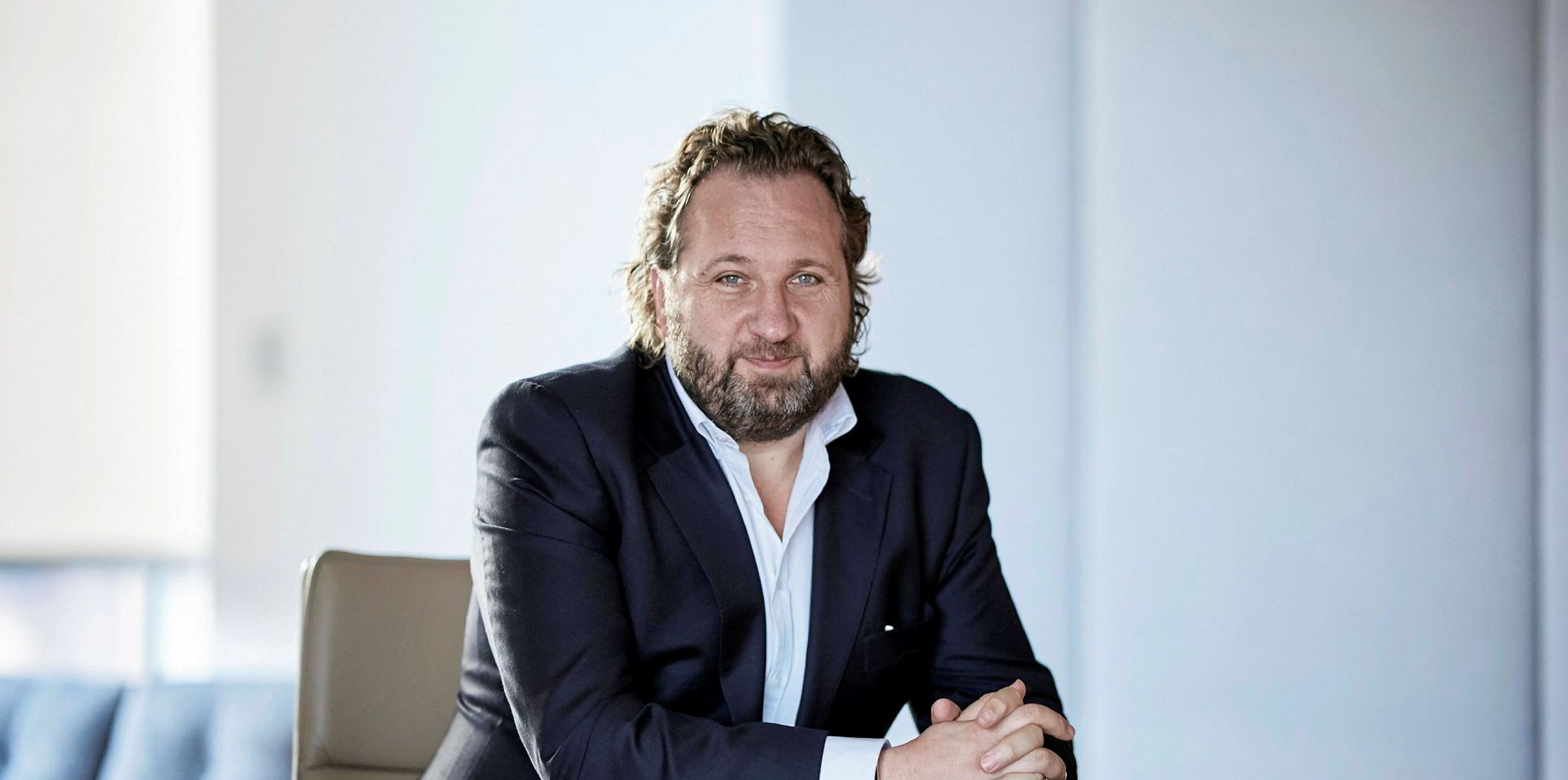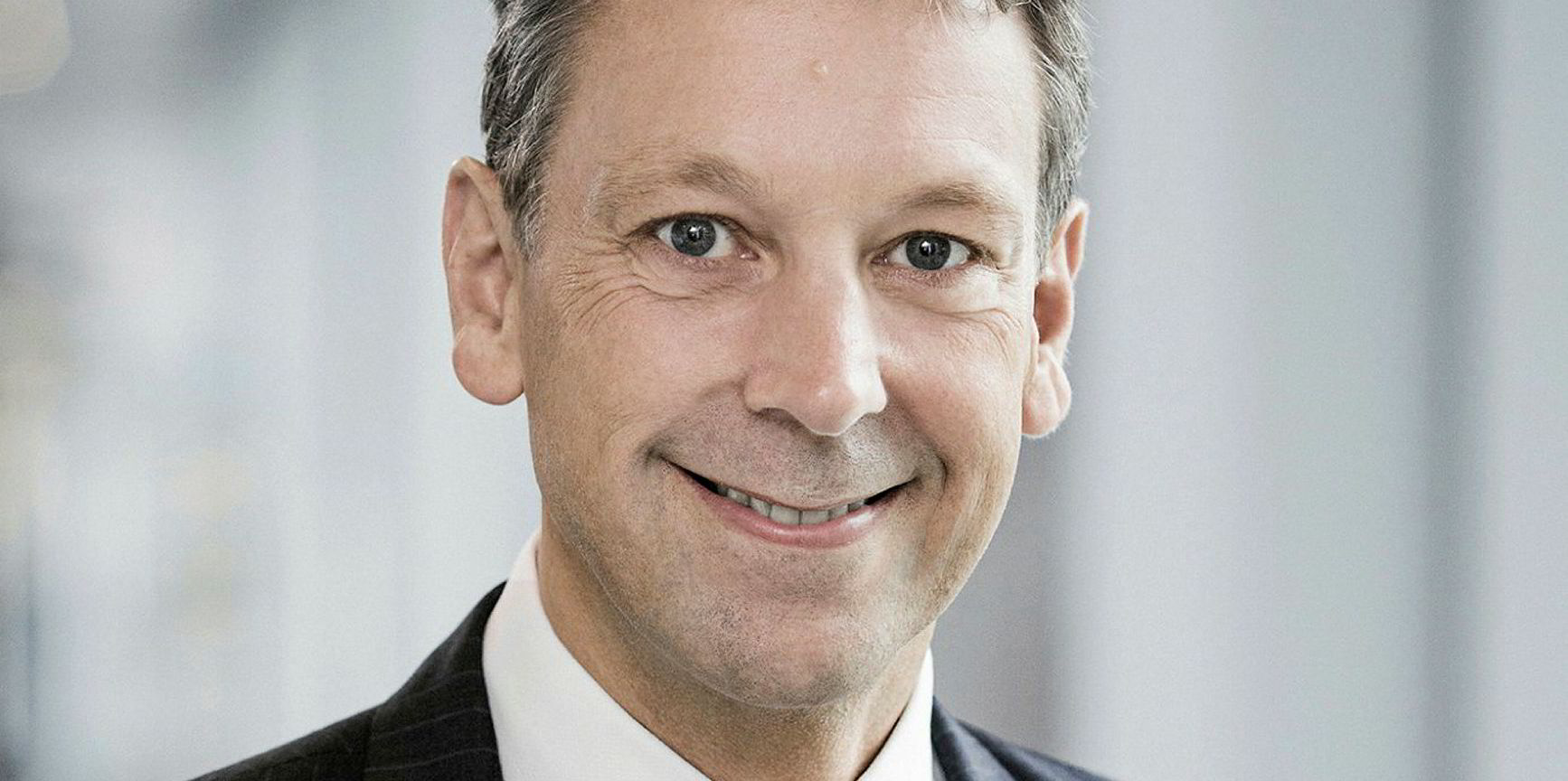UK shipbroking giant Clarksons has won renewed support for its controversial pay policy as it headed off a shareholder revolt.
Its new remuneration scheme gained more support at the AGM in London this year than it did in 2019, following a charm offensive by directors.
The company said investors voted 67.06% in favour of the policy at Wednesday's meeting, against only 51.49% last year.
All other resolutions passed as well, including the near-unanimous re-election of chief executive Andi Case and finance and operations chief Jeff Woyda.
The contract of these two had become a bone of contention among some shareholders.
They date back 14 years and differ from current norms for listed companies, Clarksons has admitted. They reflect the fact Case is still a big fee-earning broker, for example.
The new policy keeps those terms in place, but new hires will face more traditional corporate deals.
The meeting was broadcast online for the first time due to coronavirus restrictions.
Contract breach against its principles
The broker had warned a vote against the policy would constitute a bid to break Case's and Woyda's contracts.
This would "not only breach long-standing contractual arrangements but go against the principles and values on which Clarksons has been built, and therefore would send a very negative message to multiple stakeholders, particularly our employees and clients but also to our shareholders, if such changes negated covenants".
"The board cannot oblige Andi and Jeff to agree to changes to their contractual terms and does not believe that they should be penalised for dual roles which make a significant contribution to the company," Clarksons said.
It added that the pay arrangements across the group as a whole are in line with commission-based businesses, including other leading shipbrokers.
Share price rise
Since Case became CEO in 2008, the share price has risen from £3.20 to more than £31 before the collapses in the market caused by the coronavirus this year.
Board members met shareholders earlier this year in a bid to head off any potential revolt over the policy.
Chairman Sir Bill Thomas said he considered the issue so important that he and remuneration committee chairman Tim Miller and director Peter Backhouse started a "major engagement process" with holders of 49% of its stock.
After the low vote last year, the world’s largest shipbroker had reviewed its policy.
Clarksons is paying out more in bonuses for 2019 as executive remuneration packages rose.
After logging a 9.5% rise in underlying profit last year, the payout to staff has risen an average of 5.4%.
Case and Woyda have again returned 30% of their bonuses to the group pool to reward other employees, its annual report said.
This equates to £1.02m from Case and £260,000 from Woyda. They have done this for the past 10 years.
The company describes this as being in the best interest of shareholder value.
Pay unchanged
Case's basic pay was again £550,000, unchanged since 2010, and Woyda banked £350,000, unchanged since he also became chief operating officer in 2015.
Case's total remuneration for the year was up 9.7% at £3.027m, from £2.8m in 2018, while Woyda's total rose 6.9%.
Case's package stood at £3.3m if the long-term incentive plan rewards that vested this year are included. But these were awarded three years ago.





